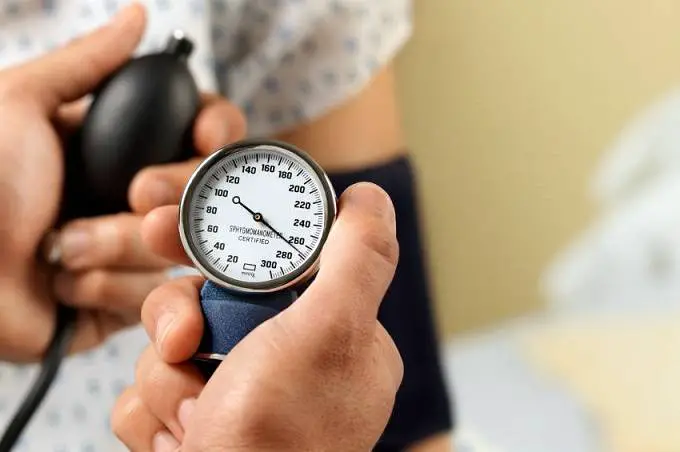You’ve probably been told your entire life that you need to eat right. If you didn’t hear it from your mom growing up, you couldn’t escape a lecture from your school teachers, doctor, or friends.
In fact, you’ve probably heard it so much that you’re sick of it, and may even be continuing to eat unhealthily just to give all of those people the proverbial middle finger.
As annoying as it is to hear it, the simple fact is that all of these people are right. When you don’t keep a balanced diet, you’re going to find that your health, and overall quality of life, quickly deteriorates. Faster than you could ever imagine, you’ll find yourself in such a sorry state that you find yourself hating not only the world, and all the people in it, but yourself as well.

We’ve all seen the memes and caricatures of the “jolly rolly-polly guy who loves to eat,” and he’s usually portrayed as this smiling, happy-go-lucky guy, with a turkey leg in one hand, and an ice cream cone in the other.
The thing of it is, those make for some hilarious memes and cartoons, but they’re most definitely not true to life. Don’t believe me? Here are the most detrimental symptoms that result from poor dietary habits, to prove my point.
Obesity

This is the most obvious one, and also the most detrimental. There’s a lot of talk today about body shaming, and being comfortable in the skin you’re in and I agree: no one should ever be ridiculed because of how they look, and you should take pride in your body. But if you’re truly taking pride in your body, you’re not going to abuse it, and the fact is that this is exactly what this social trend is advocating.
When you’re overweight, you’re not only put strain on your muscles and joints to support even the most basic movements, but your organs as well. Your heart, lung, and kidneys all have to pull some extra weight, literally and figuratively, in order for you to function.
Poor Dental Hygiene

One of the biggest culprits contributing to a poor diet is sugar, and too much of it. Sugar can be useful for quick bursts of energy, and certainly, comfort foods with high amounts of sugar usually taste phenomenal! The problem is that sugar, even tiny amounts, leads to a host of medical problems.
It’s been well documented that high amounts of sugar and starch lead to diabetes, but many people aren’t aware that it affects their dental hygiene as well. As sugar starts to build up, and coat your teeth, it will slowly eat away at your teeth, causing them to chip and break easier, rot, and eventually fall out. This corruption can also lead to other diseases in the mouth and gums, including gingivitis.
To prevent this, keep your sugar intake to a reasonable level, brush your teeth regularly, and get your teeth examined and cleaned by a trusted dentist at least annually.
High Blood Pressure

One of the worst contributors to premature death in the United States, and all over the world, the “Silent Killer” is incredibly deadly, precisely because you may not know that anything’s wrong, until it’s far too late.
Having high blood pressure means that your heart is having to work twice as hard to pump the same amount of blood throughout your body as someone with a normal blood pressure. This in turn causes the heart to wear down more quickly, and can lead to heart attacks, aneurysms, heart failure, a stroke, and many other symptoms.
Sugars and starches definitely play a role in blood pressure, but the main guilty party is sodium, or the concentration of salt in the foods you eat. To help keep your blood pressure regulated, you need to monitor your sodium intake, check your blood pressure regularly, and exercise for at least 30 minutes, at least three times a week.
Keeping the Balance
I hope this very brief list has given you an idea of just how dangerous overeating can be for your health. Don’t get me wrong – I don’t want you to starve yourself, and I don’t expect you to achieve the kind of body that you see on fashion runways.
What I do want you to do is really start monitoring your diet: check the nutrition labels every time, balance the fats, carbs, sodium, vitamins, minerals, and sugars you ingest, and identify the ideal amount of calories that you need to stay healthy.









































